Bleaching soap has become a popular skincare product in recent years, promising to lighten and brighten the skin for a more youthful and radiant appearance. However, there is a crucial factor that many consumers overlook when using bleaching soap – the age limit. Yes, you read that right. There is indeed an age limit when it comes to using bleaching soap, and it’s essential to be aware of this to ensure that you are using the product safely and effectively.
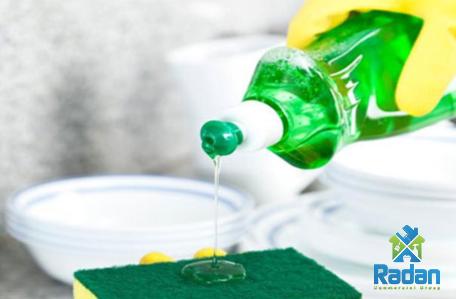
.
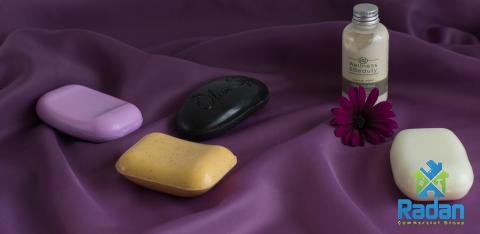 The age limit for using bleaching soap is a topic of much debate and controversy in the skincare industry. Some people believe that anyone can use bleaching soap regardless of their age, while others argue that certain age groups should avoid using these products altogether. So, what is the truth behind the age limit for bleaching soap, and why is it so important? First and foremost, it’s crucial to understand how bleaching soap works and why it is used in the first place. Bleaching soap contains ingredients that are designed to lighten the skin by reducing the production of melanin, the pigment that gives skin its color. This can help to fade dark spots, hyperpigmentation, and uneven skin tone, leading to a more even and brighter complexion. However, the active ingredients in bleaching soap, such as hydroquinone, kojic acid, and alpha hydroxy acids, can be harsh on the skin, especially for younger individuals with more sensitive skin. The skin of children and teenagers is still developing and may not be able to handle the potent ingredients found in bleaching soap. Using these products at a young age can lead to skin irritation, redness, and even long-term damage to the skin. Furthermore, young skin is more prone to sun damage and environmental stressors, which can be exacerbated by the use of bleaching soap.
The age limit for using bleaching soap is a topic of much debate and controversy in the skincare industry. Some people believe that anyone can use bleaching soap regardless of their age, while others argue that certain age groups should avoid using these products altogether. So, what is the truth behind the age limit for bleaching soap, and why is it so important? First and foremost, it’s crucial to understand how bleaching soap works and why it is used in the first place. Bleaching soap contains ingredients that are designed to lighten the skin by reducing the production of melanin, the pigment that gives skin its color. This can help to fade dark spots, hyperpigmentation, and uneven skin tone, leading to a more even and brighter complexion. However, the active ingredients in bleaching soap, such as hydroquinone, kojic acid, and alpha hydroxy acids, can be harsh on the skin, especially for younger individuals with more sensitive skin. The skin of children and teenagers is still developing and may not be able to handle the potent ingredients found in bleaching soap. Using these products at a young age can lead to skin irritation, redness, and even long-term damage to the skin. Furthermore, young skin is more prone to sun damage and environmental stressors, which can be exacerbated by the use of bleaching soap.
..
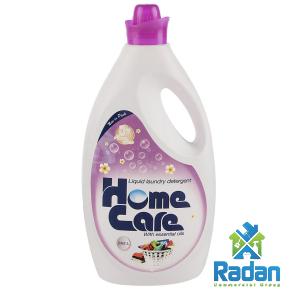 Sun exposure can increase the risk of skin cancer and premature aging, and using bleaching soap can make the skin more sensitive to UV rays. It’s essential for young individuals to focus on protecting their skin from the sun and other environmental factors rather than trying to alter their skin tone with harsh bleaching products. On the other end of the spectrum, older individuals may also need to be cautious when using bleaching soap. As we age, our skin becomes thinner, drier, and more prone to damage. The active ingredients in bleaching soap can further strip the skin of its natural oils and moisture, leading to dryness, flakiness, and irritation. Older individuals with mature skin may benefit more from gentle, hydrating skincare products that focus on nourishing and protecting the skin rather than aggressively lightening it. So, where does the age limit for bleaching soap lie? While there is no one-size-fits-all answer, most skincare experts recommend that individuals under the age of 18 should avoid using bleaching soap altogether. Young skin is delicate and still developing, and introducing potent ingredients at a young age can do more harm than good. Instead, teenagers and children should focus on establishing a good skincare routine that includes gentle cleansers, moisturizers, and sunscreen to protect and nourish the skin. For individuals over the age of 18, it’s essential to approach bleaching soap with caution and moderation. Start by doing a patch test on a small area of skin to check for any adverse reactions before using the product all over your face or body. Follow the instructions carefully and avoid using bleaching soap more frequently than recommended to prevent over-exfoliation and irritation. Ultimately, the age limit for using bleaching soap is a guideline rather than a strict rule. Each individual’s skin is unique, and what works for one person may not work for another.
Sun exposure can increase the risk of skin cancer and premature aging, and using bleaching soap can make the skin more sensitive to UV rays. It’s essential for young individuals to focus on protecting their skin from the sun and other environmental factors rather than trying to alter their skin tone with harsh bleaching products. On the other end of the spectrum, older individuals may also need to be cautious when using bleaching soap. As we age, our skin becomes thinner, drier, and more prone to damage. The active ingredients in bleaching soap can further strip the skin of its natural oils and moisture, leading to dryness, flakiness, and irritation. Older individuals with mature skin may benefit more from gentle, hydrating skincare products that focus on nourishing and protecting the skin rather than aggressively lightening it. So, where does the age limit for bleaching soap lie? While there is no one-size-fits-all answer, most skincare experts recommend that individuals under the age of 18 should avoid using bleaching soap altogether. Young skin is delicate and still developing, and introducing potent ingredients at a young age can do more harm than good. Instead, teenagers and children should focus on establishing a good skincare routine that includes gentle cleansers, moisturizers, and sunscreen to protect and nourish the skin. For individuals over the age of 18, it’s essential to approach bleaching soap with caution and moderation. Start by doing a patch test on a small area of skin to check for any adverse reactions before using the product all over your face or body. Follow the instructions carefully and avoid using bleaching soap more frequently than recommended to prevent over-exfoliation and irritation. Ultimately, the age limit for using bleaching soap is a guideline rather than a strict rule. Each individual’s skin is unique, and what works for one person may not work for another.
…
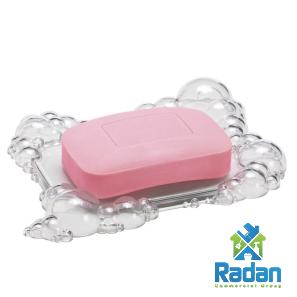 It’s essential to listen to your skin and adjust your skincare routine accordingly. If you experience any redness, itching, or discomfort while using bleaching soap, stop using the product immediately and consult a dermatologist for further guidance. In conclusion, the age limit for bleaching soap is a crucial consideration when it comes to skincare. Young individuals with developing skin should avoid using these products, while older individuals should approach them with caution and moderation. Remember that skincare is not about changing your skin tone but about nourishing and protecting your skin to keep it healthy and radiant for years to come. Using bleaching soap should be a mindful decision based on your individual skin needs and concerns. It’s important to prioritize the health and well-being of your skin above all else. If you still feel compelled to try bleaching soap, consider consulting with a skincare professional or dermatologist to determine if it is suitable for your skin type and condition. When considering bleaching soap, it’s essential to also explore alternative skincare options that can help you achieve a glowing complexion without the potential risks associated with these products. Look for products that contain natural ingredients known for their brightening properties, such as vitamin C, licorice extract, and arbutin. These ingredients can help to even out skin tone, fade dark spots, and promote a radiant complexion without the harsh effects of bleaching soap. Furthermore, incorporating a consistent skincare routine that focuses on cleansing, moisturizing, and protecting your skin from environmental damage is key to maintaining healthy and youthful-looking skin. Remember to wear sunscreen daily to shield your skin from harmful UV rays, which can undo any progress made with bleaching products and accelerate skin aging. In conclusion, while bleaching soap may promise quick results in lightening and brightening the skin, it’s essential to consider the age limit and potential risks associated with using these products. Skincare is a long-term commitment that should prioritize the health and vitality of your skin. Approach skincare decisions with care, seek professional advice when necessary, and remember that true beauty radiates from within, regardless of your skin tone.
It’s essential to listen to your skin and adjust your skincare routine accordingly. If you experience any redness, itching, or discomfort while using bleaching soap, stop using the product immediately and consult a dermatologist for further guidance. In conclusion, the age limit for bleaching soap is a crucial consideration when it comes to skincare. Young individuals with developing skin should avoid using these products, while older individuals should approach them with caution and moderation. Remember that skincare is not about changing your skin tone but about nourishing and protecting your skin to keep it healthy and radiant for years to come. Using bleaching soap should be a mindful decision based on your individual skin needs and concerns. It’s important to prioritize the health and well-being of your skin above all else. If you still feel compelled to try bleaching soap, consider consulting with a skincare professional or dermatologist to determine if it is suitable for your skin type and condition. When considering bleaching soap, it’s essential to also explore alternative skincare options that can help you achieve a glowing complexion without the potential risks associated with these products. Look for products that contain natural ingredients known for their brightening properties, such as vitamin C, licorice extract, and arbutin. These ingredients can help to even out skin tone, fade dark spots, and promote a radiant complexion without the harsh effects of bleaching soap. Furthermore, incorporating a consistent skincare routine that focuses on cleansing, moisturizing, and protecting your skin from environmental damage is key to maintaining healthy and youthful-looking skin. Remember to wear sunscreen daily to shield your skin from harmful UV rays, which can undo any progress made with bleaching products and accelerate skin aging. In conclusion, while bleaching soap may promise quick results in lightening and brightening the skin, it’s essential to consider the age limit and potential risks associated with using these products. Skincare is a long-term commitment that should prioritize the health and vitality of your skin. Approach skincare decisions with care, seek professional advice when necessary, and remember that true beauty radiates from within, regardless of your skin tone.
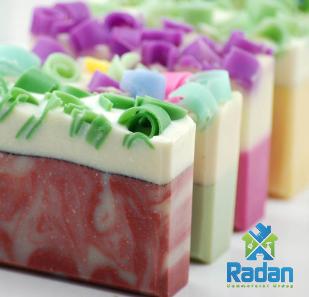
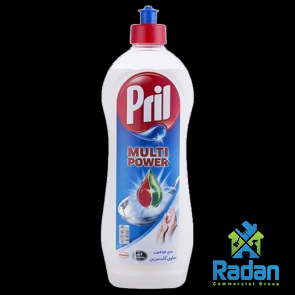
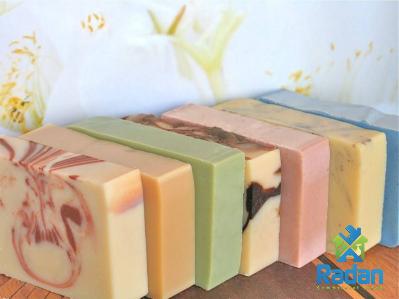
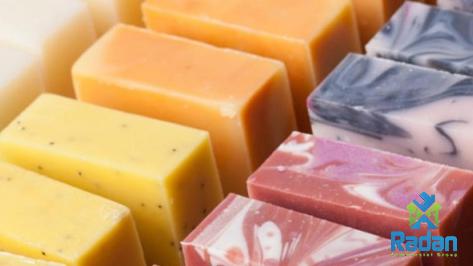
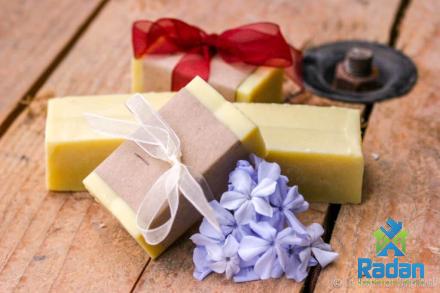
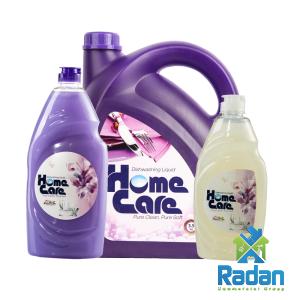
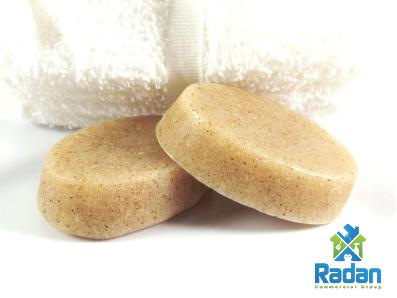
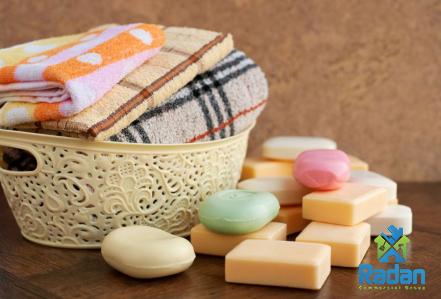
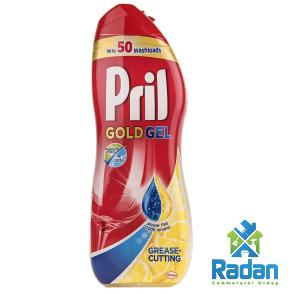
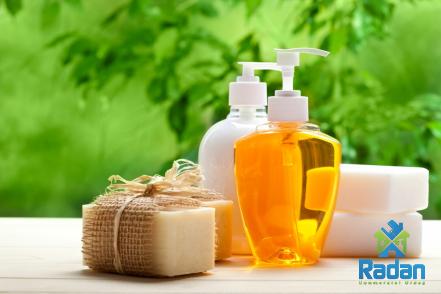
Your comment submitted.